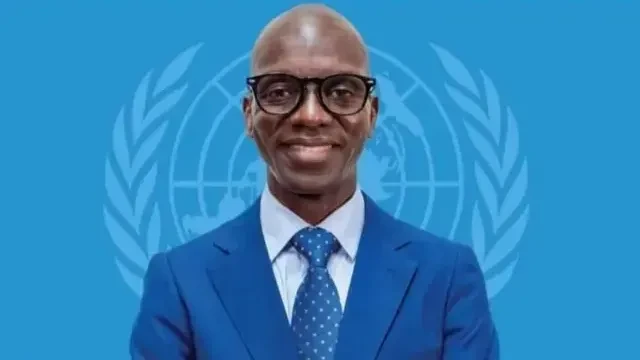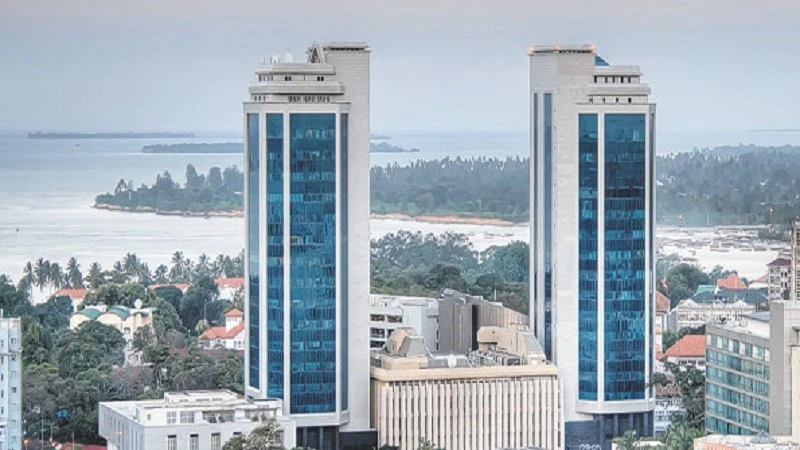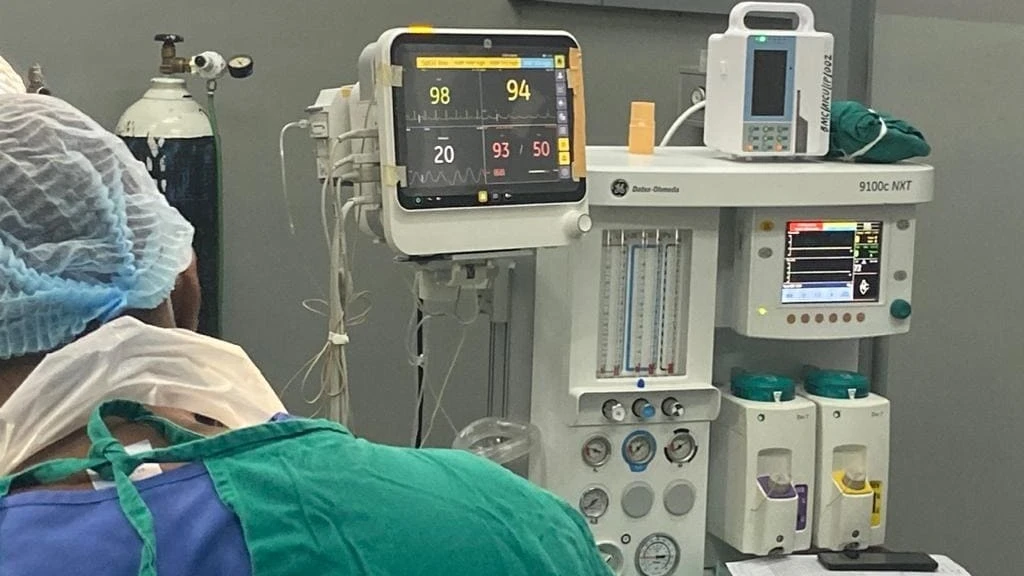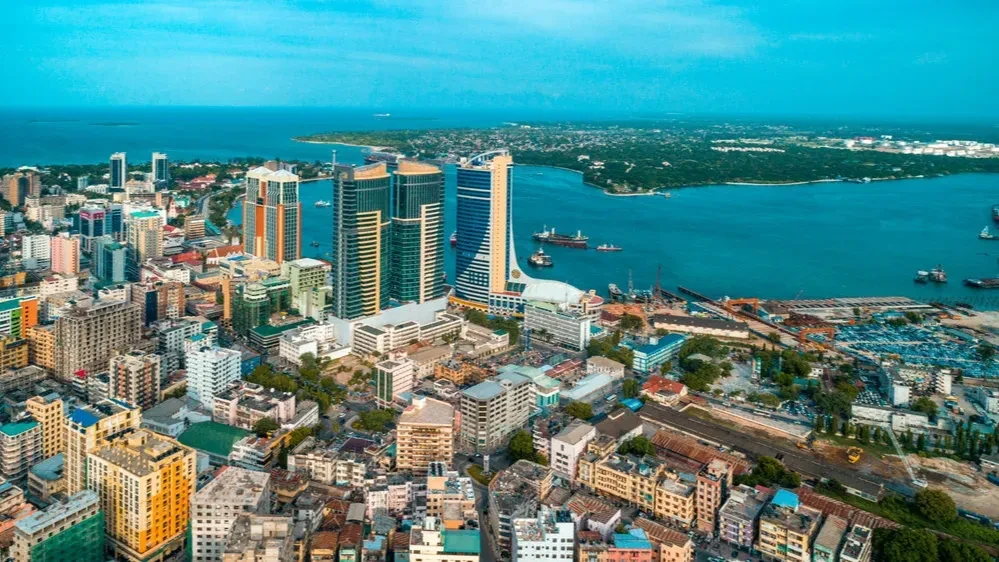MPs being shocked on hospitals charging for delivery surprising
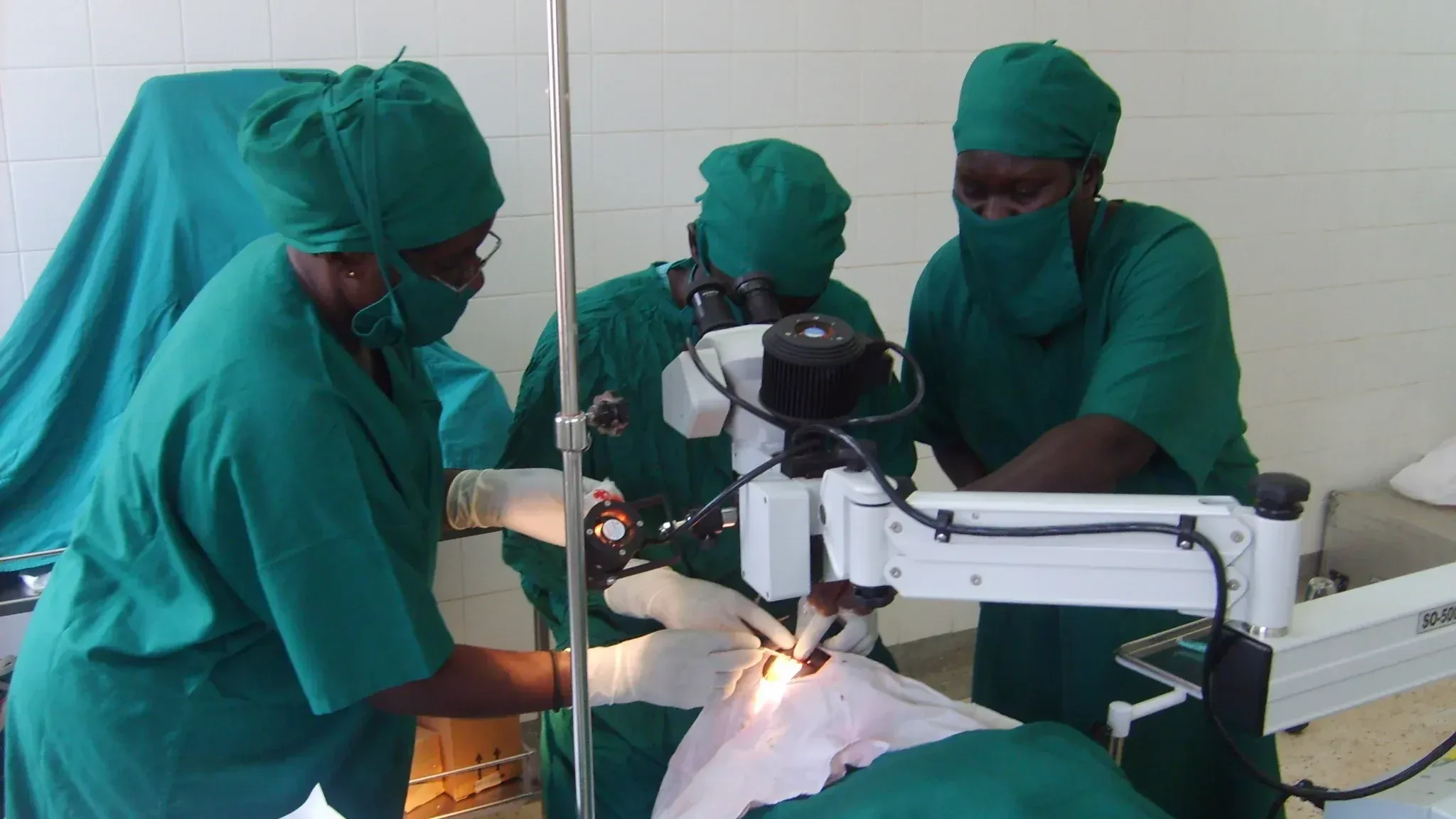
MANY in the public will have been wondering whether our legislators or their close relatives, not to speak of their families, visit public health centres often enough, and indeed, if at all. Were they in the habit of such visitations it would not come as a surprise that expectant mothers are being required to bring their own medical supplies or purchase them in public medical facilities.
tThe shock was so high that the National Assembly directed the government to address the complaints, even by identifying the facilities enforcing such practices, for once.
Such complaints have regularly surfaced in the media and at times in the legislature that expectant mothers are directed to buy intravenous fluids, gloves and stitch material in case of caesarean section. That is the case hospitals, health centers and dispensaries, such that suggesting that it is contrary to the 2007 health policy framework that mandates free maternal healthcare was sort of ironic for those listening to MPs or reading reports on their queries. It has always been the case, and this has scarcely been different at any one time.
The policy followed in public health centres is close to the ‘cost sharing’ policy going back to 1993, where the government pays doctors and nurses while patients or their relatives pay for drugs. When the 2007 blueprint was put into official records it had the usual lacunae of not saying who was going to pay for such patients, as hospitals face limited resources.
They can’t afford to miss out on patients who will pay by allowing a flood of non-paying patients, whether they are maternal, elderly, disabled or any other category, save by state order.
In that case the idea that the government needs to identify public medical facilities demanding such payments and reasons behind this procedure was to say the least disingenuous, as it would be more fruitful to go around to see if any establishment observes the policy format. It was an open secret that the free treatment was there on paper, as even holders of insurance, like the earlier Community Health Fund version, were often denied services. That shows how it was improbable that those who expect quite simply free treatment would fail.
In that case there is no issue to probe or to clarify but a lesson on how far our MPs are removed from the day to day lives of the majority of the people, and that again isn’t surprising. MPs like other senior government officials are in a sense servants or leaders of the public, but in the wider social setting the MPs like top government officials belong to a class apart from the vast majority of those they represent. And when a peculiar situation arises where they are in , an unavoidable manner confronted with reality, they labour to make amends.
Yet as life is stranger than fiction, at times this upper class arrogant attitude is displayed in broad daylight, as several months ago a controversial regional commissioner told a woman complaining of being made to pay 50,000/- for delivery materials and attendance to take another option.
He told the woman to leave that hospital, go home and get her husband to help her to deliver if she feels the 50,000/-.is too high. He wasn’t being a maniac but actually speaking the way a nurse would respond, leaving aside a cohort of insults often spewed in such moments. Poor delivering women can die at hospital lobby quite simply.
Top Headlines
© 2025 IPPMEDIA.COM. ALL RIGHTS RESERVED







